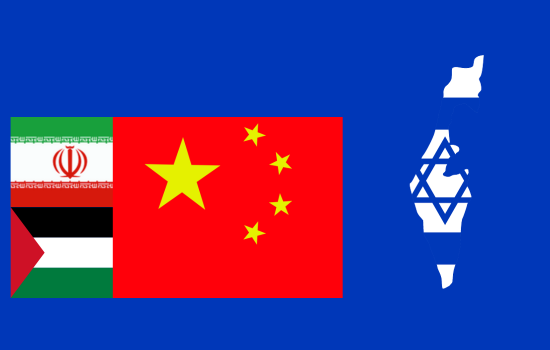Lauren Dagan Amoss
Algemeiner, Nov. 27, 2023
“Until October 11, Japan did not address Hamas actions at all and did not explicitly acknowledge Israel’s right to self-defense. Only in the past two weeks has there been a noticeable shift in this approach: Japan expressed a willingness to convey messages to Iran to prevent escalation and decided to impose sanctions on companies and individuals transferring funds to Hamas.”
On October 7, the terrorist organization Hamas conducted a brutal and unprecedented attack against Israeli civilians. The terrorists committed heinous crimes against the civilian population, with an emphasis on children, women, and the elderly.
In response, the State of Israel launched the Swords of Iron War against the Hamas terrorist organization in the Gaza Strip.
The countries of the Indo-Pacific have a number of fears arising from the crisis in the Middle East. First, they are apprehensive that the next war (either concurrently with or following the Russia-Ukraine war) is likely to take place in their region, particularly between China and Taiwan. They are also concerned that the Swords of Iron War will have consequences for their energy security. They rely on oil and gas imports from the Persian Gulf that might be undermined due to instability in the region.
China
China’s conduct during the Swords of Iron War has not been neutral. In the past, China has tried to navigate in a somewhat balanced manner between Israel and the Palestinians. But China is Iran’s largest trading partner, and earlier this year it played a significant role in mediating between the two major rivals, Iran and Saudi Arabia. The Swords of Iron War raises the potential for entanglement between these two adversaries.
Since the outbreak of the war, statements in the Chinese media and by senior government officials have indicated a shift. This was reflected on the ground in a stabbing incident involving an employee of the Israeli embassy in Beijing, and an unprecedented antisemitic wave on Chinese social media. Alongside Russia, China vetoed the American proposal at the UN Security Council.
China’s ambassador to the UN referred to Israel as an “occupying force,” demanded an immediate lifting of the siege on Gaza, said the root of the conflict is the “illegal occupation” of Palestinian territories, and made no mention of Hamas at all.
… [To read the full article, click here]


